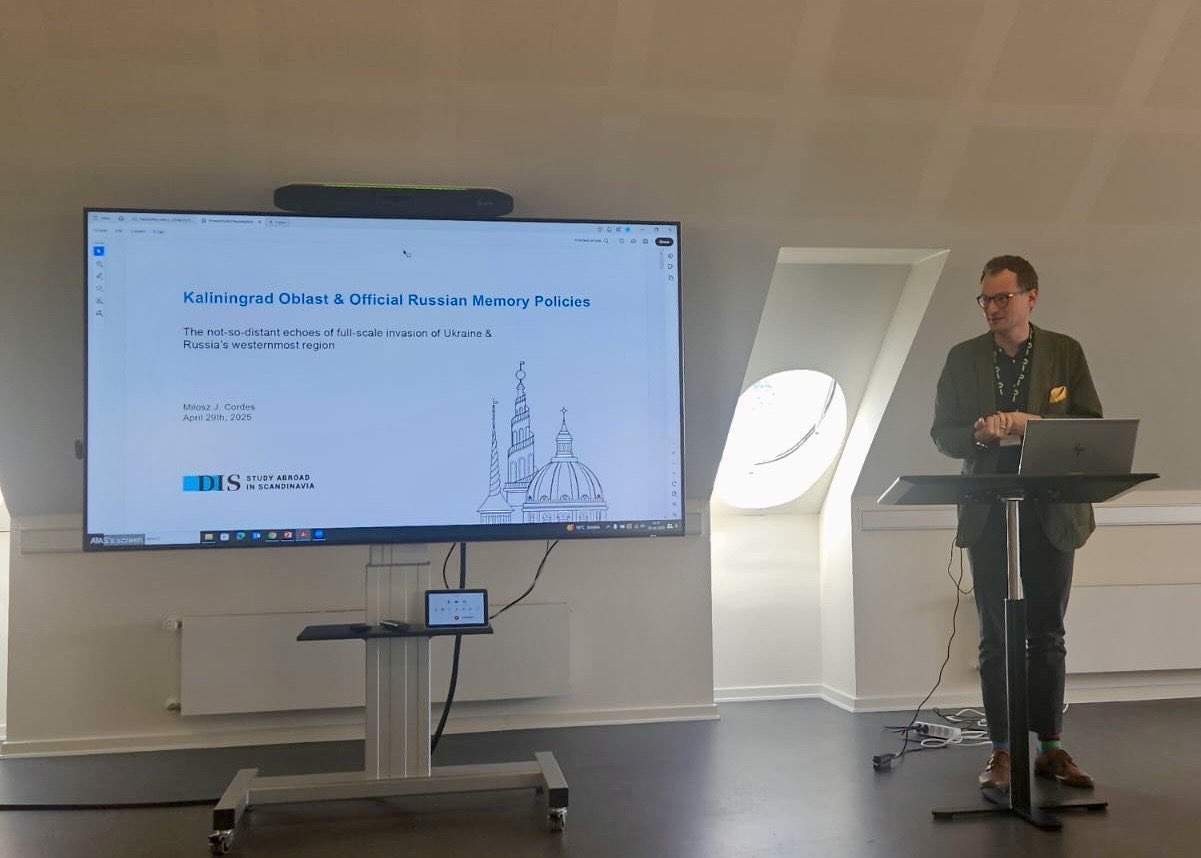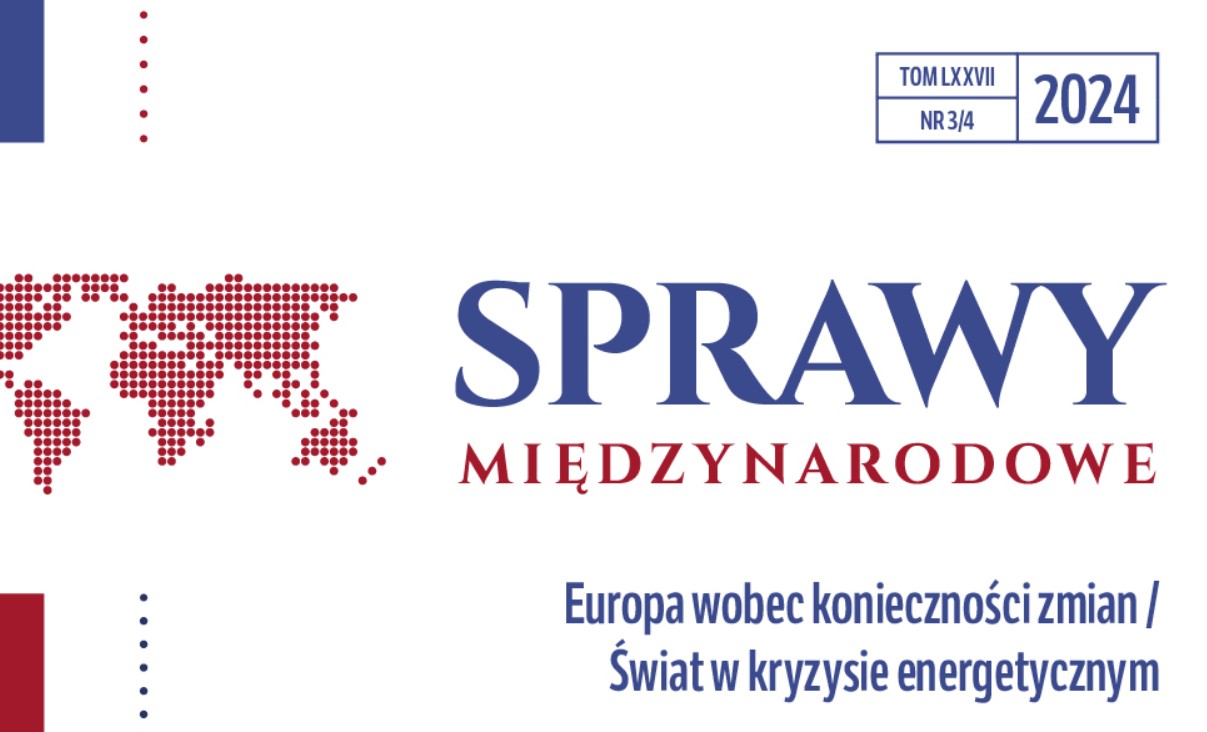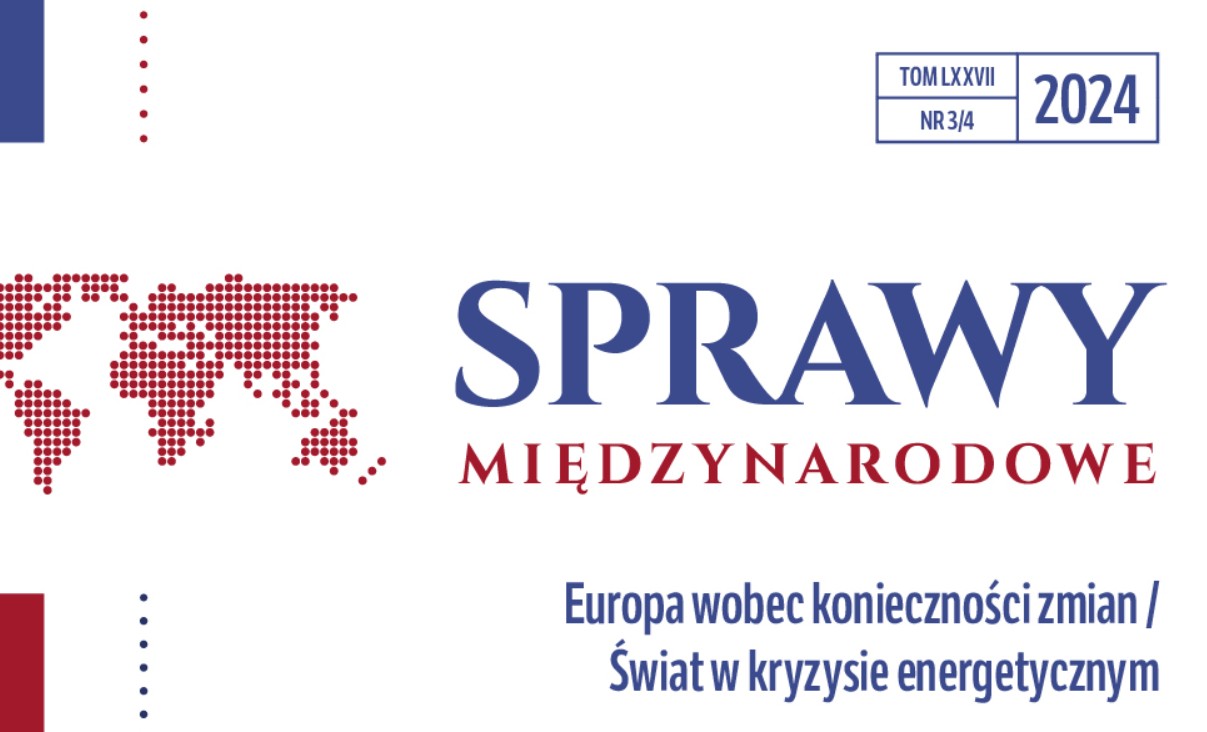Ukrainian scholars staying and working in Denmark have provided a substantial boost to the country’s research capabilities. At the same time, their presence here is marked by tragic consequences of Russia’s invasion of Ukraine, already since the annexation of Crime and the regional-scale war in Donbas.

I was honoured to participate in Aarhus Institute of Advanced Studies (AIAS) – Aarhus University’s and Ukrainian Academic Network in Denmark’s roundtable where I presented my own research on official Russian memory policies. I also talked about DIS – Study Abroad’s cooperation with Ukrainian institutions, part of which is my summer course on security developments in Central and Northern Europe, attented by students from Ivan Franko National University of Lviv. Many thanks to Lesia Heiko, PhD and the team for this opportunity!




